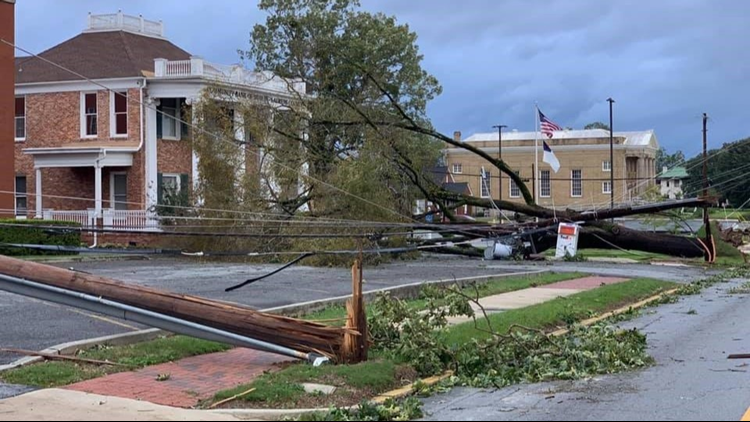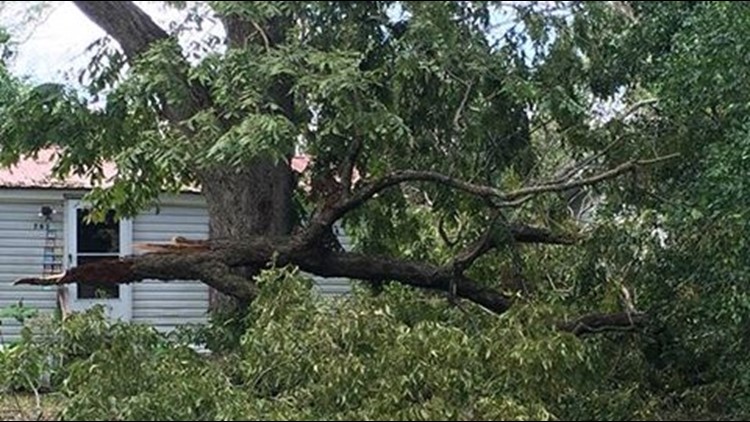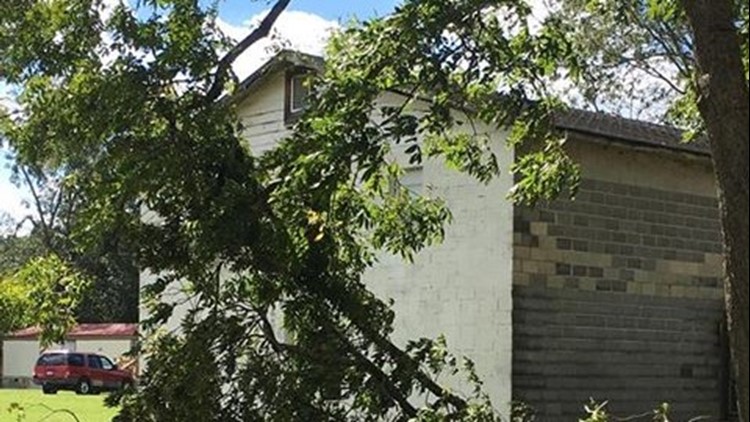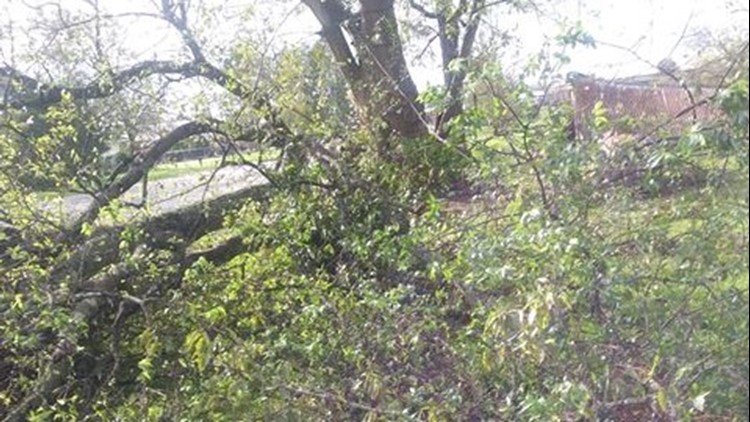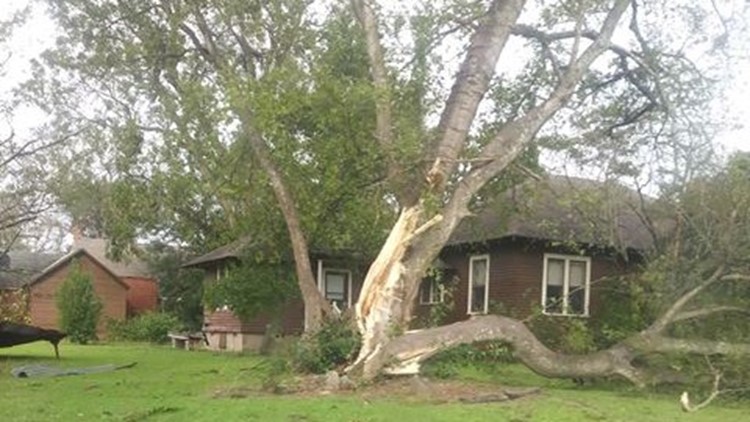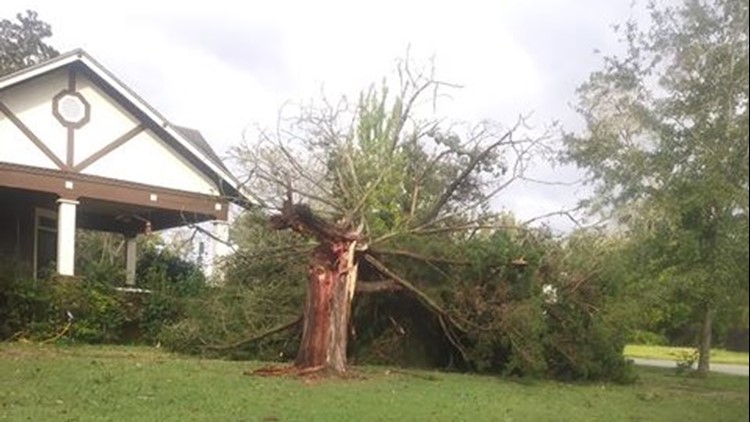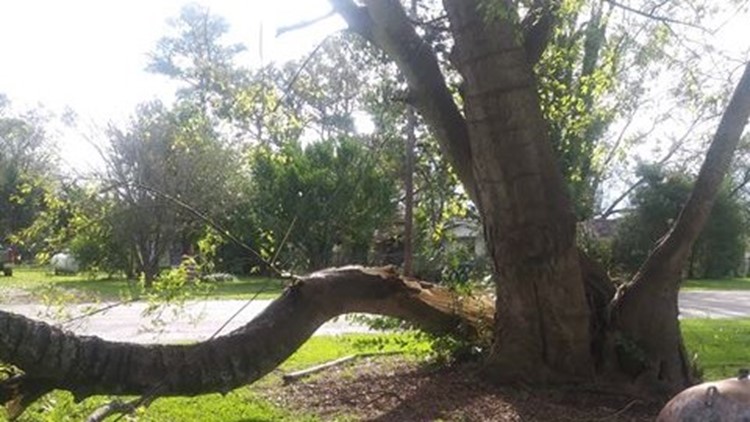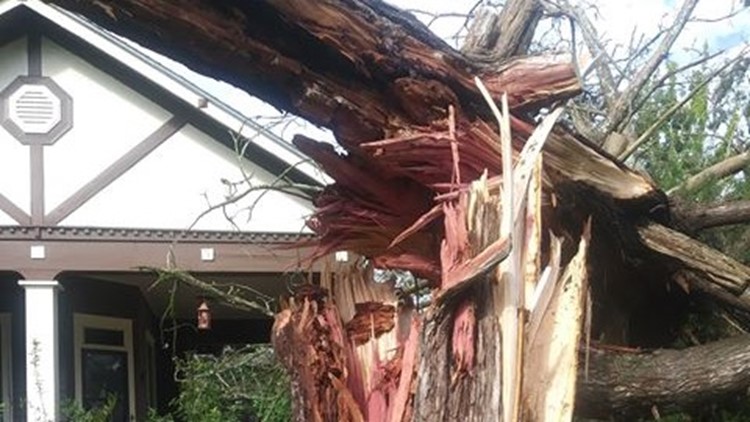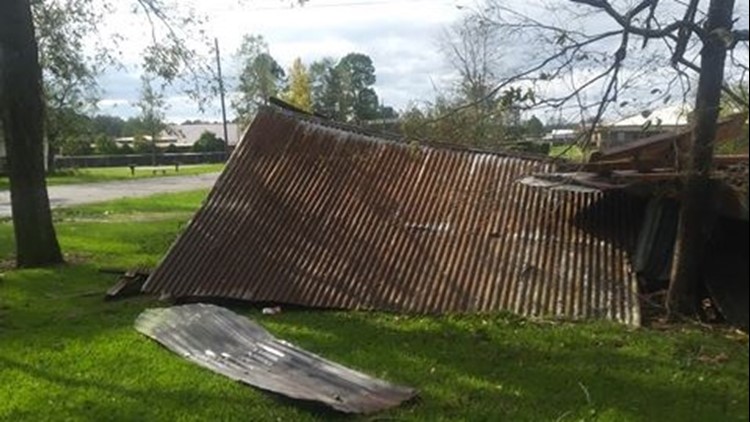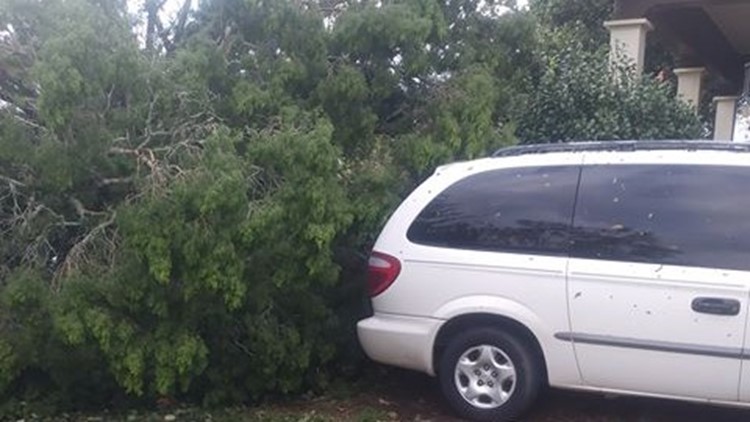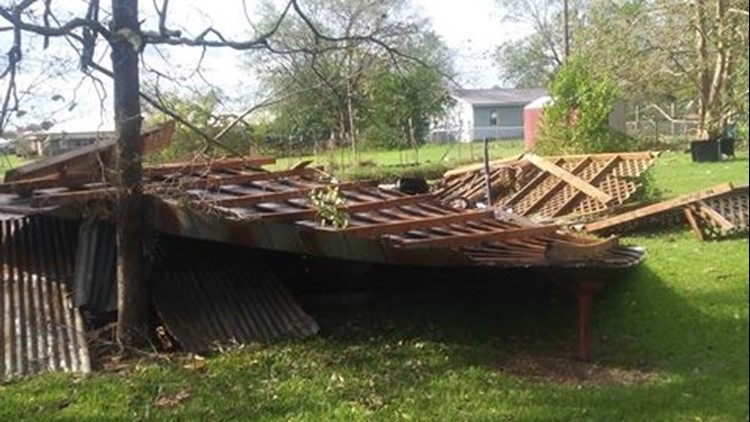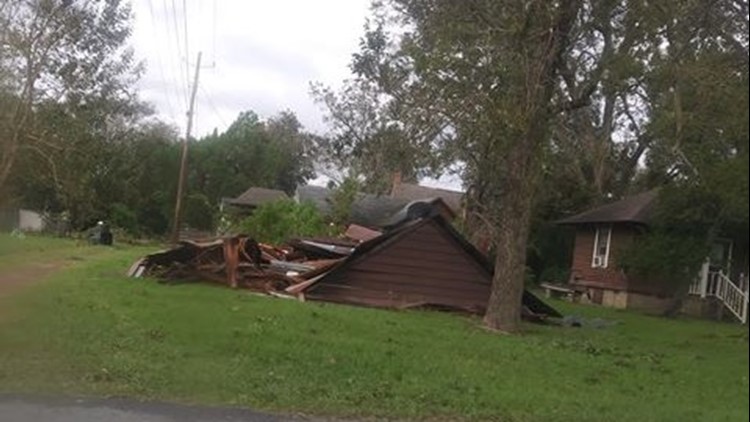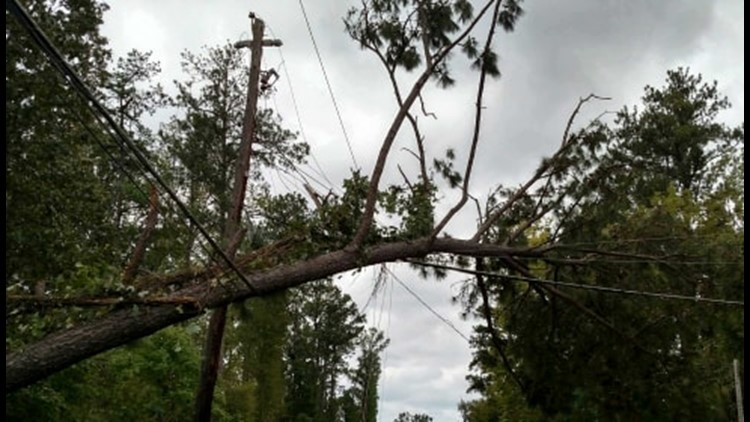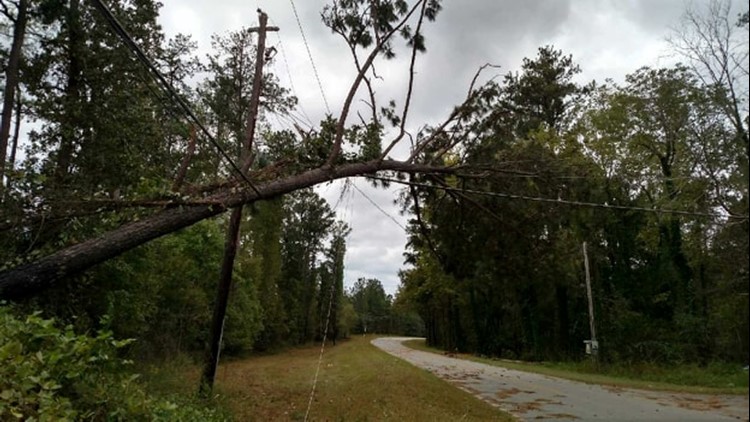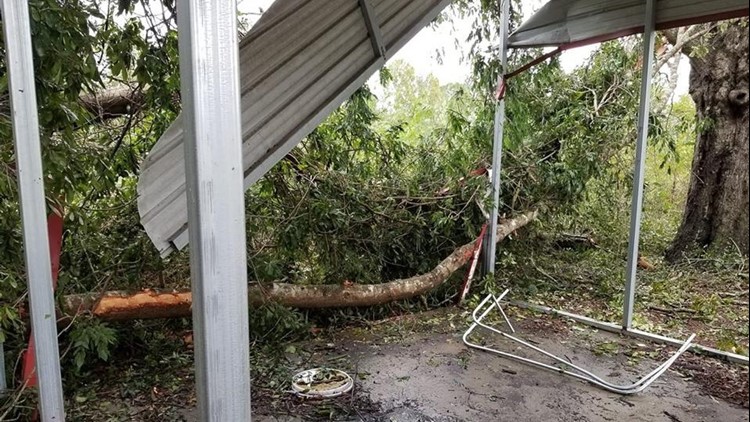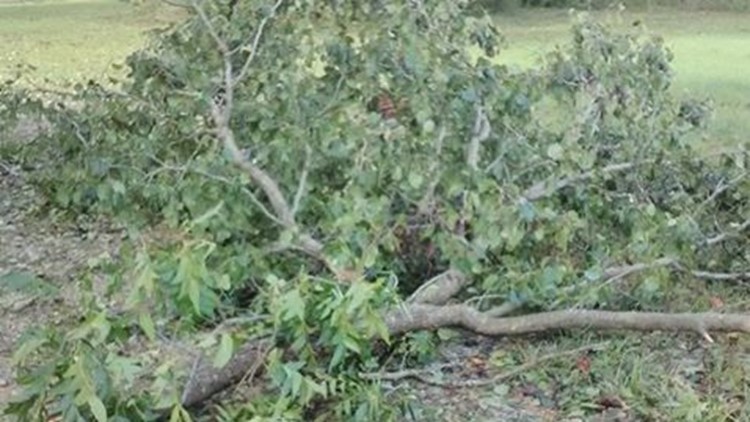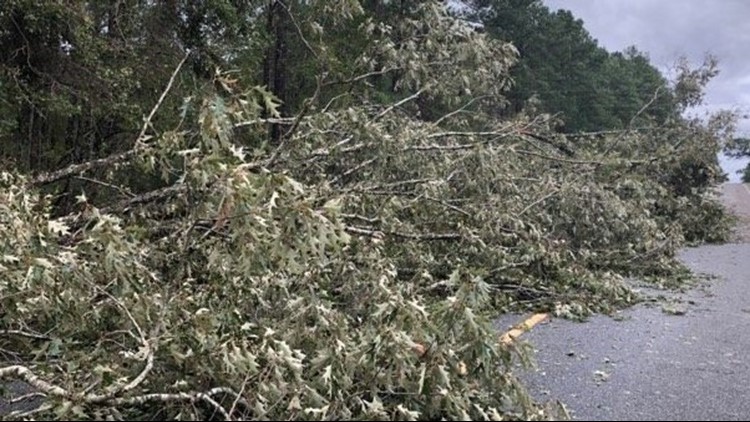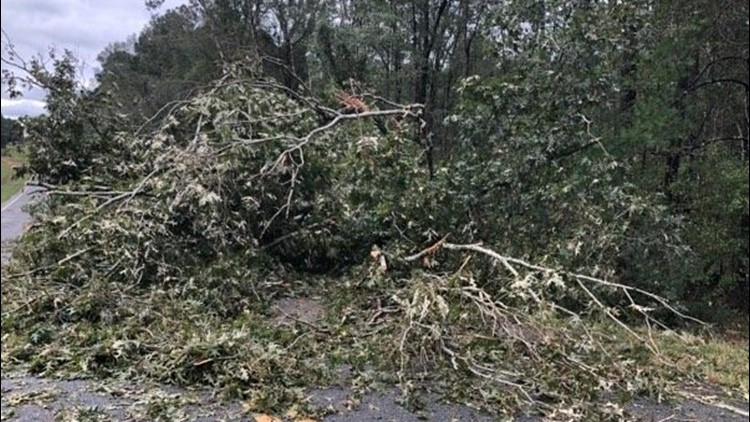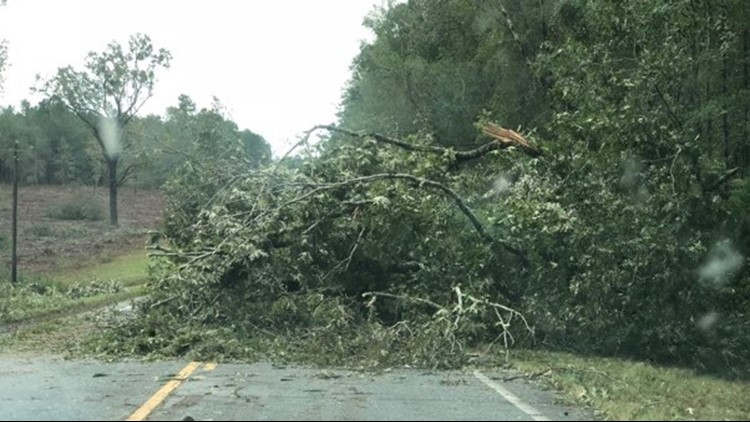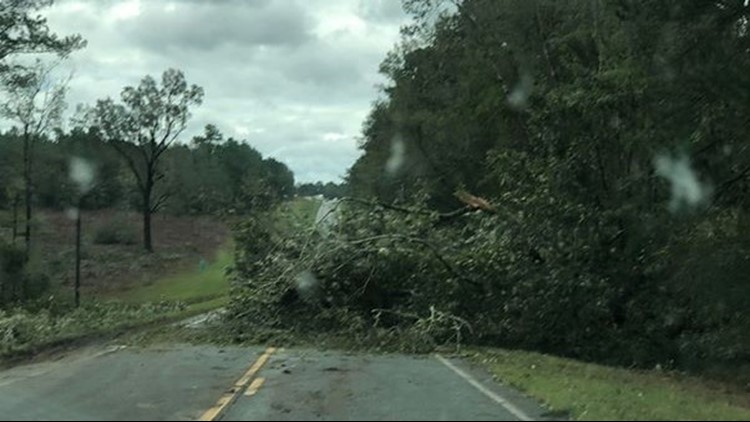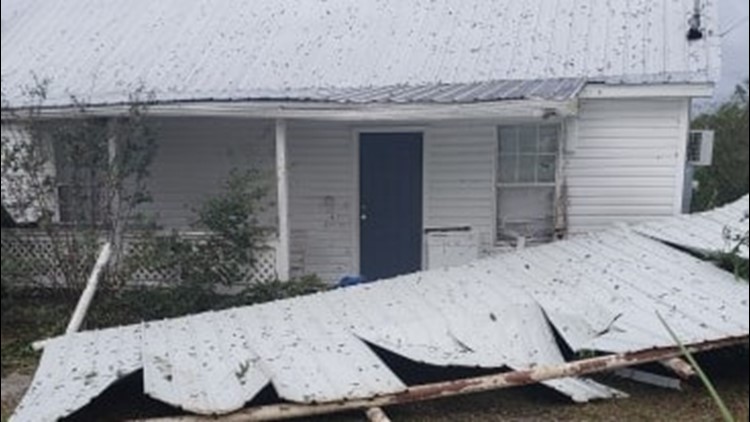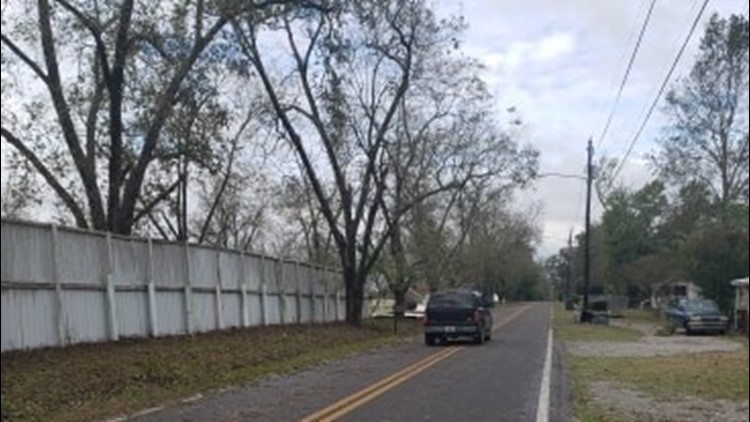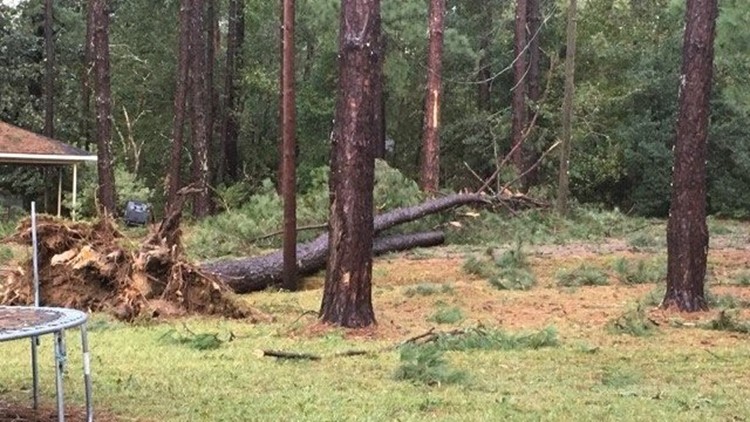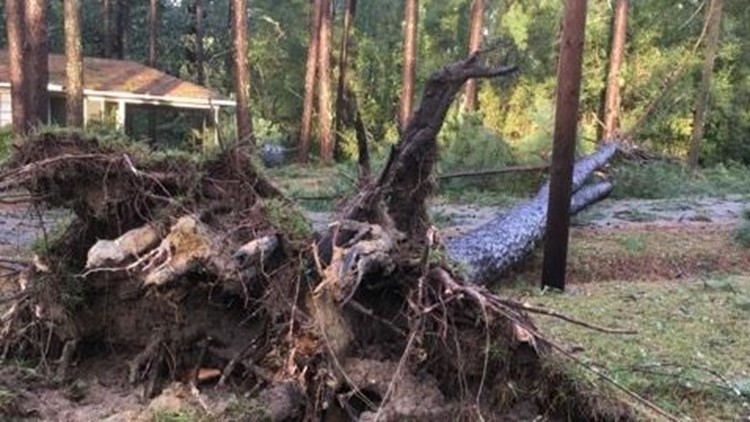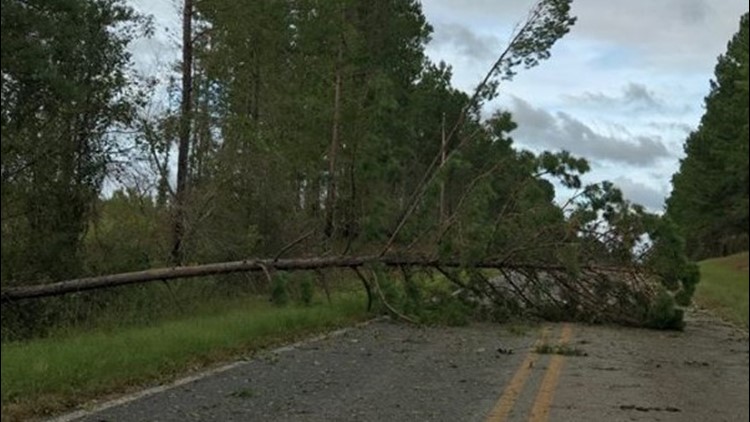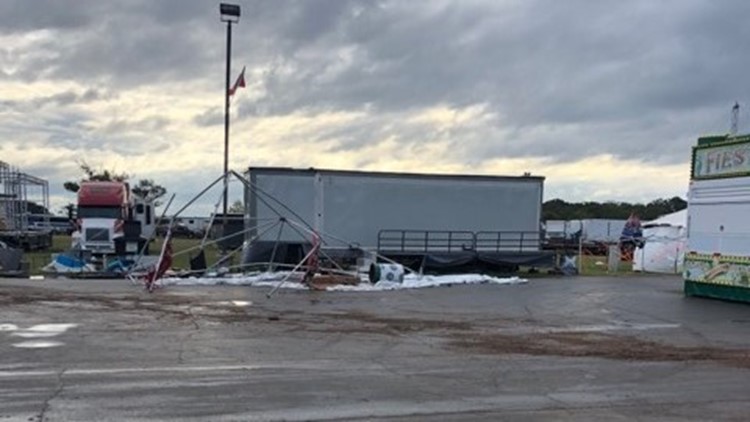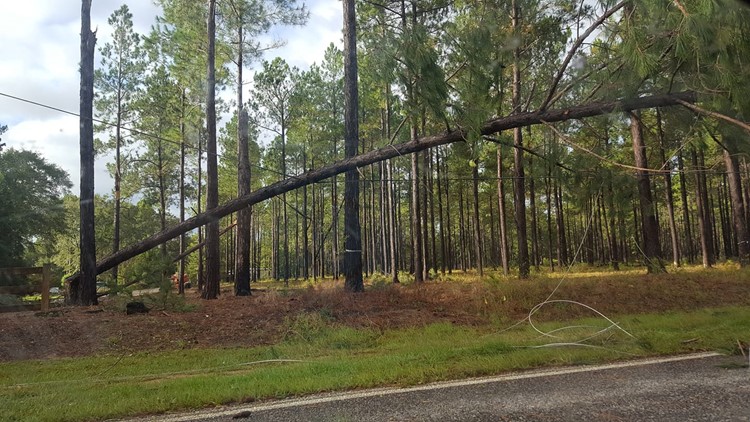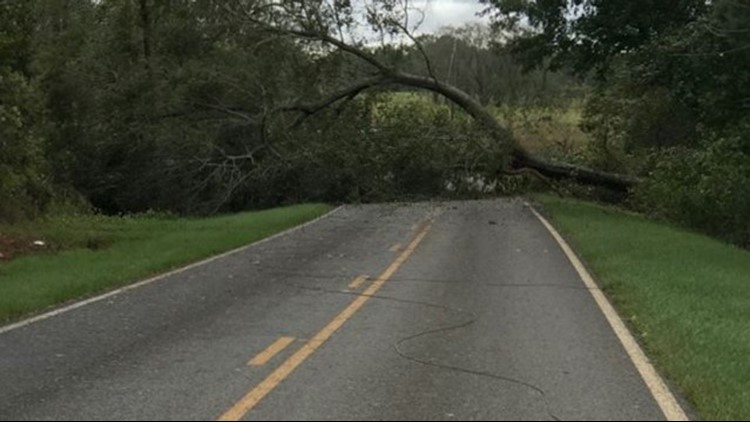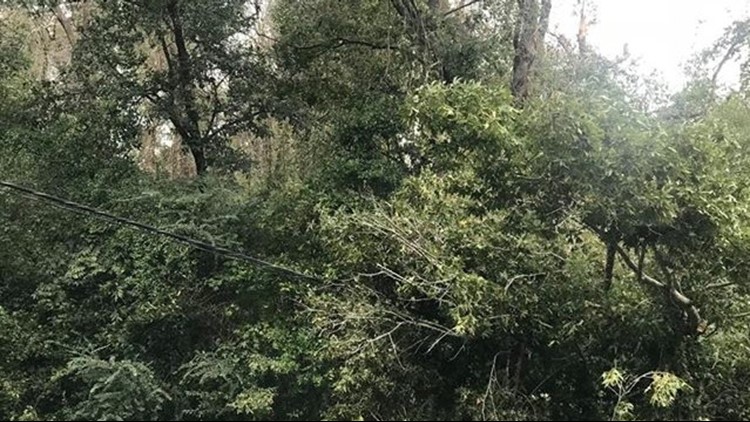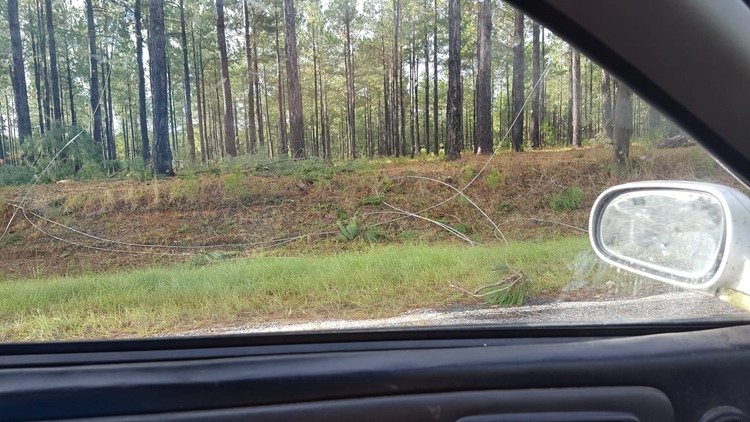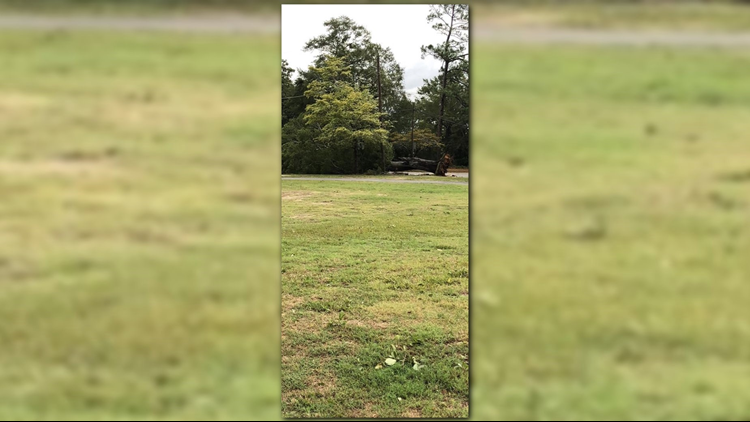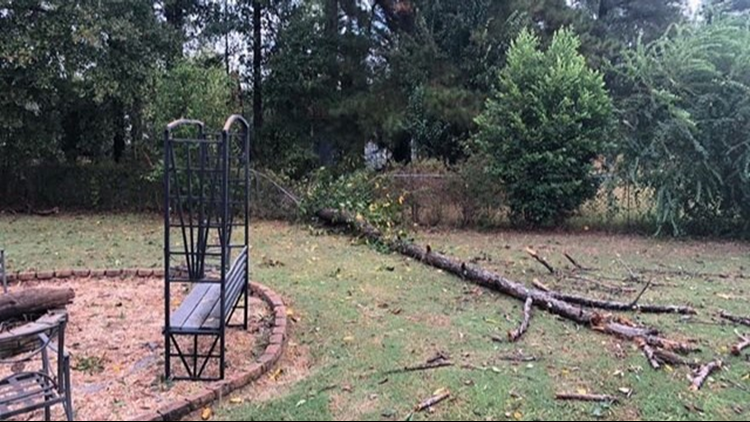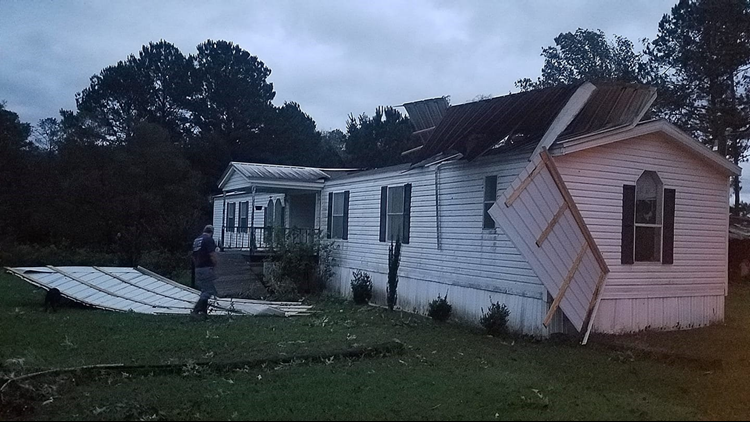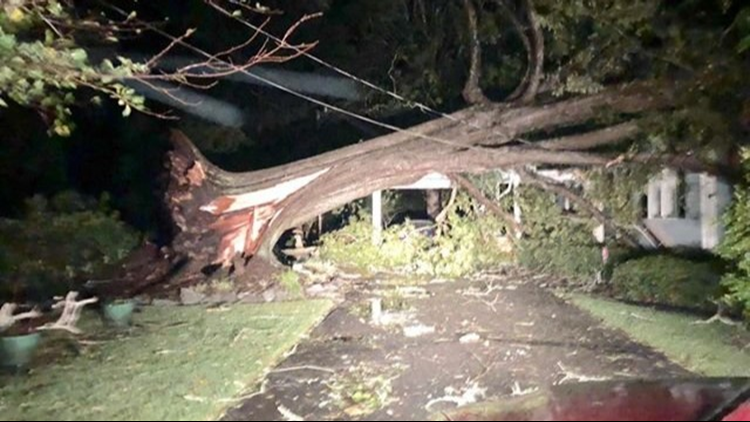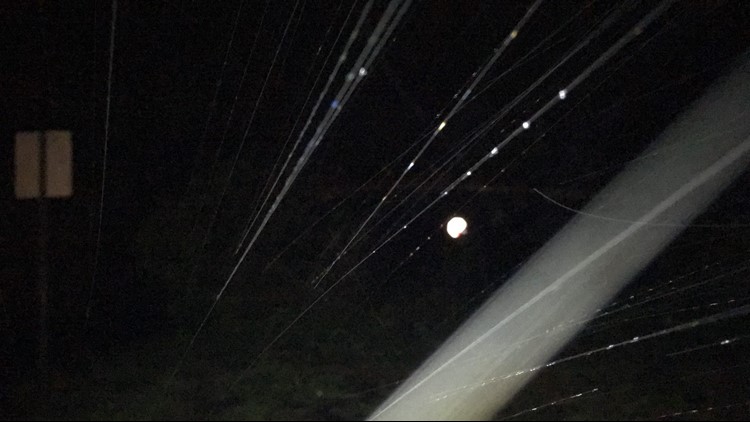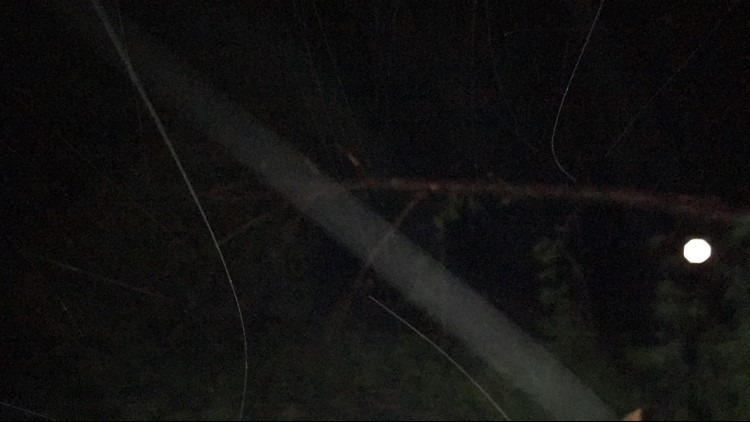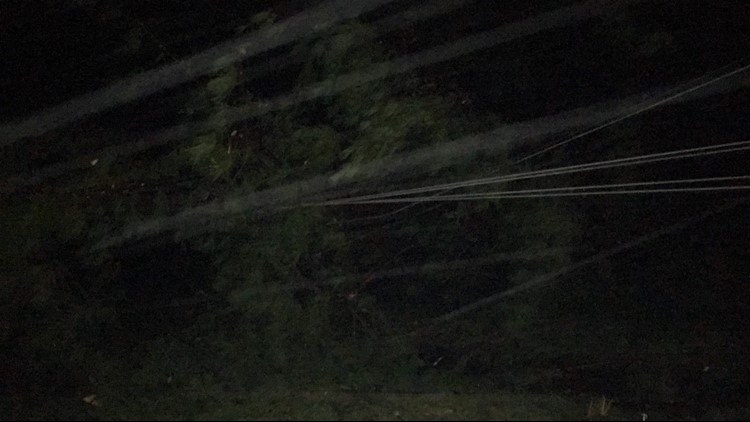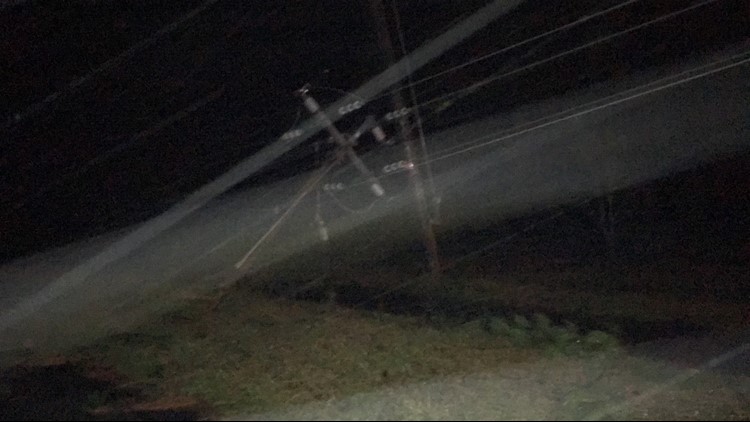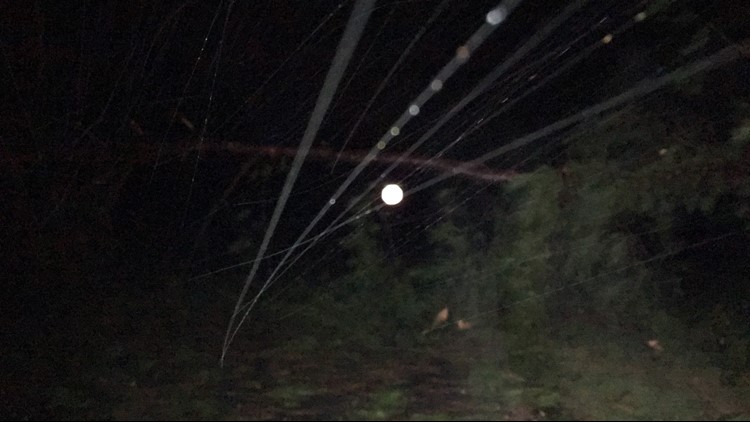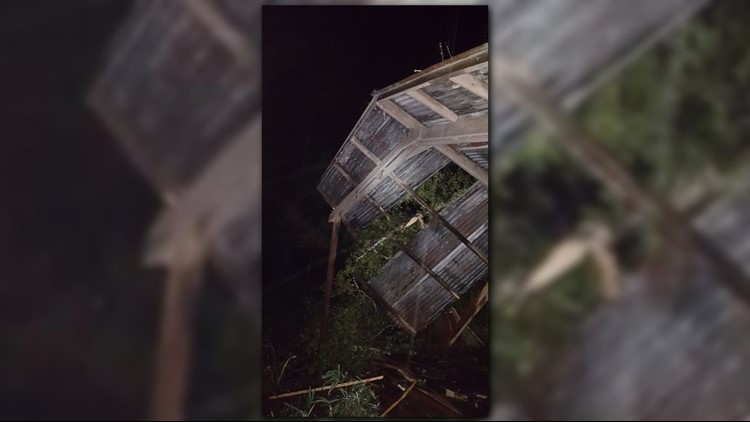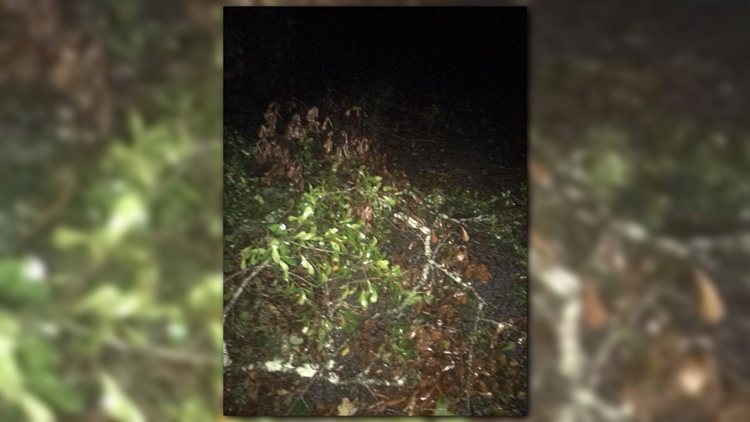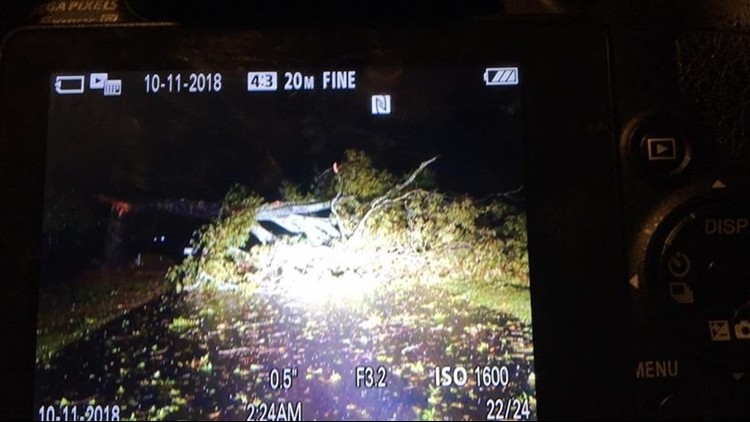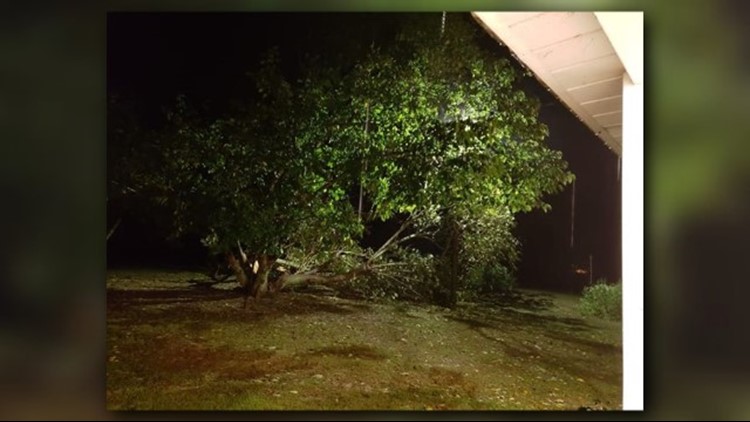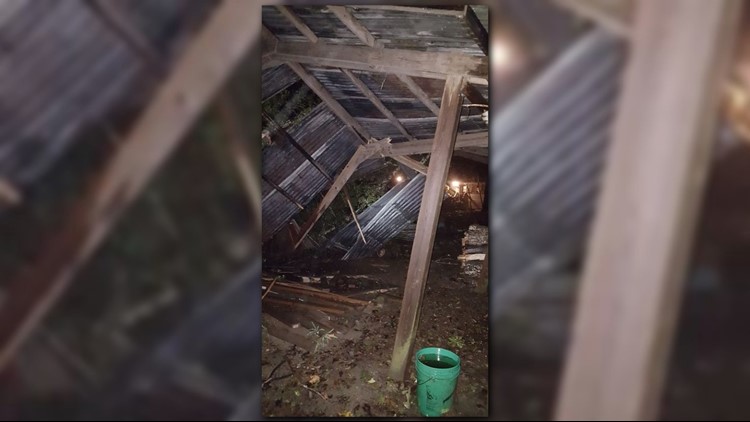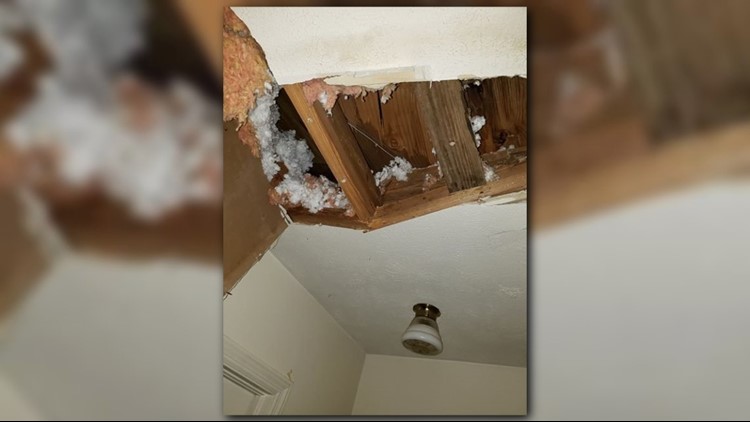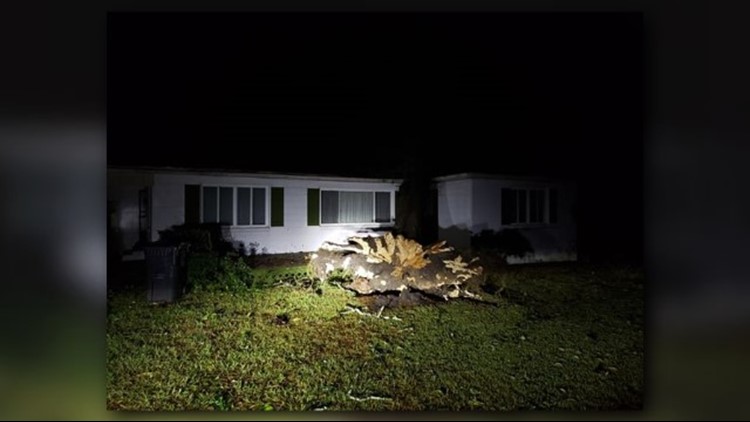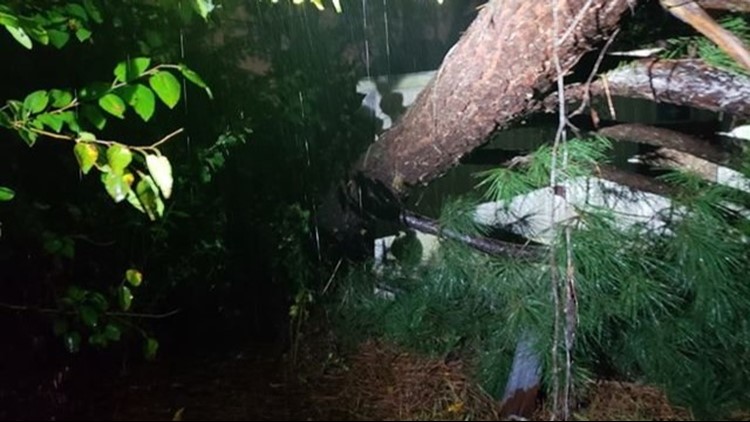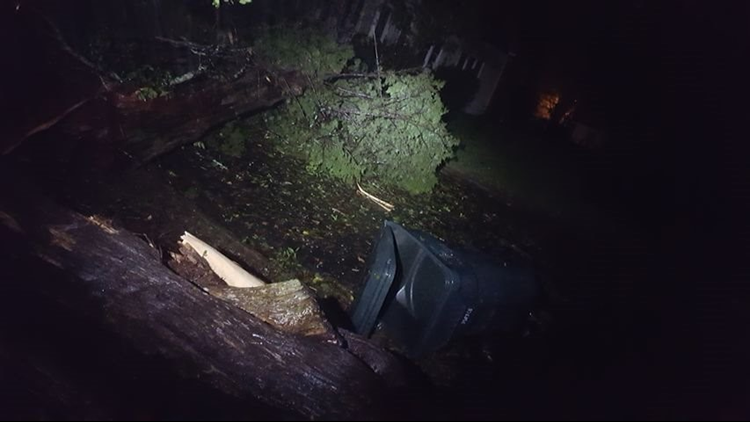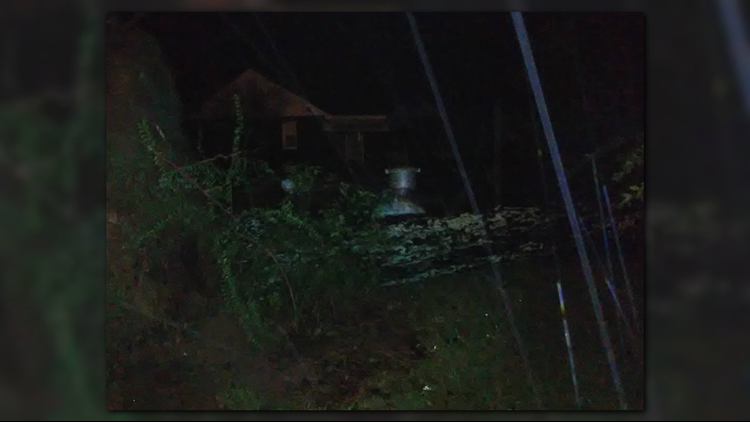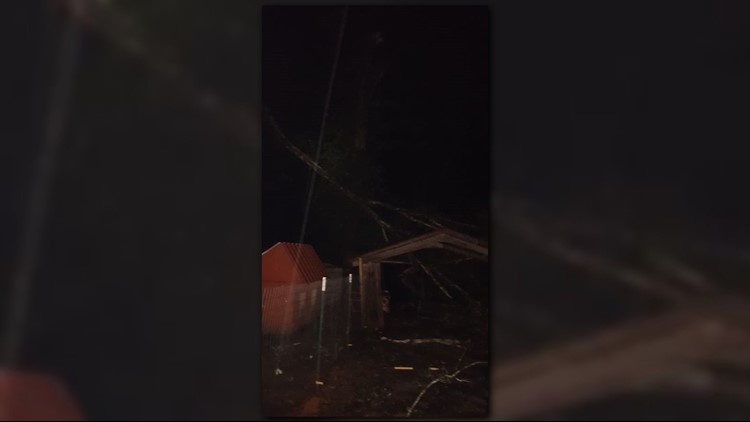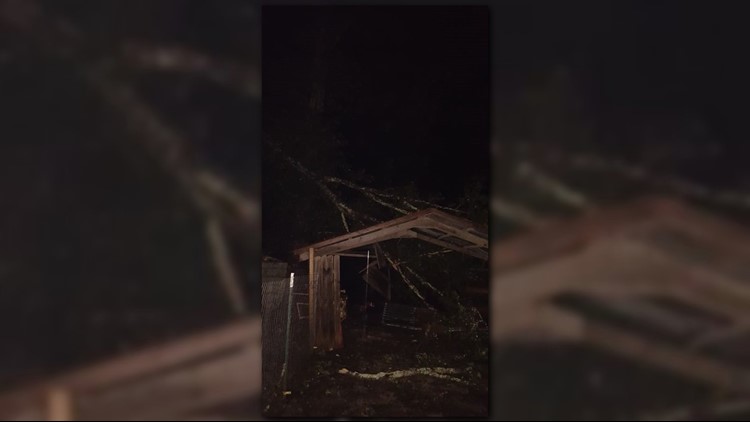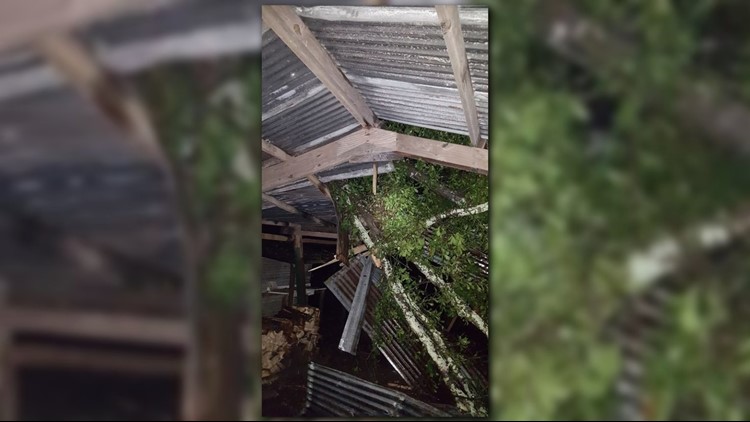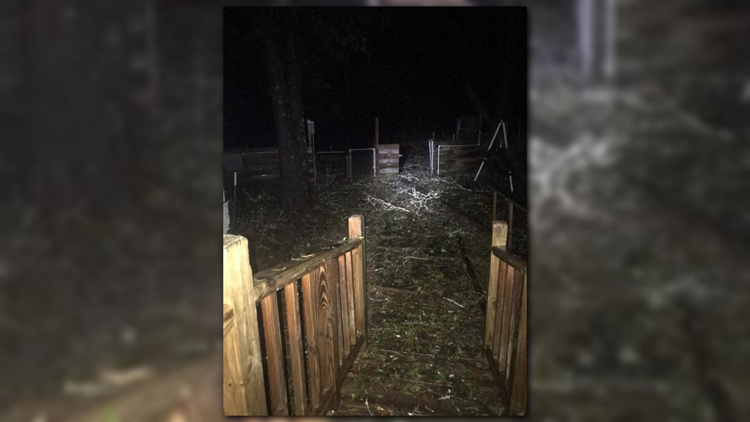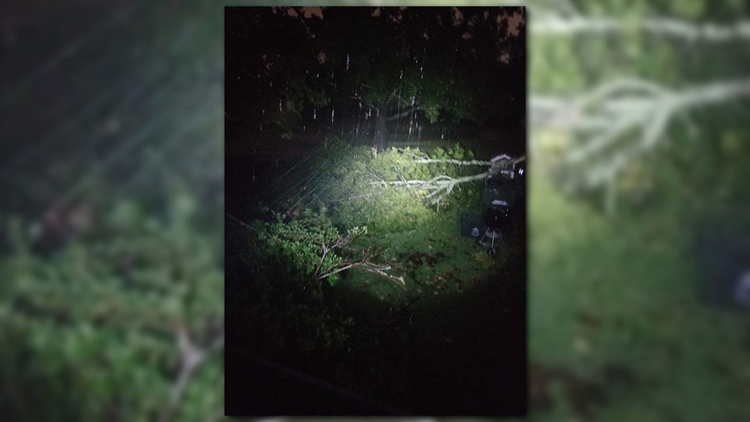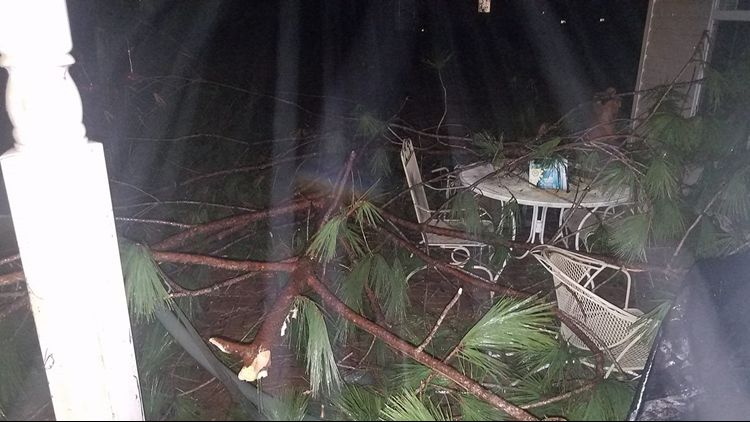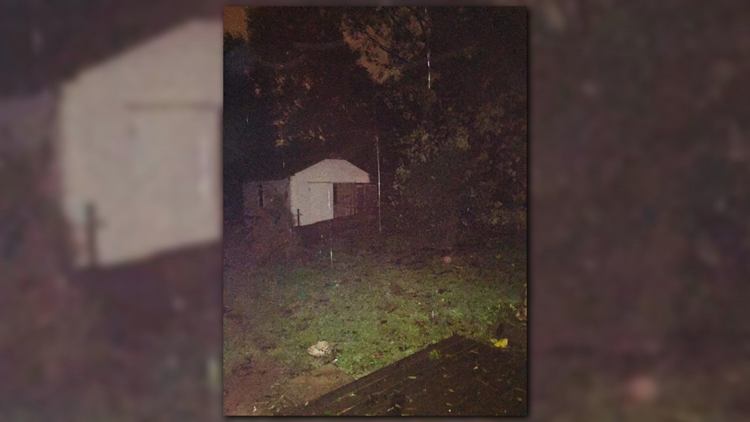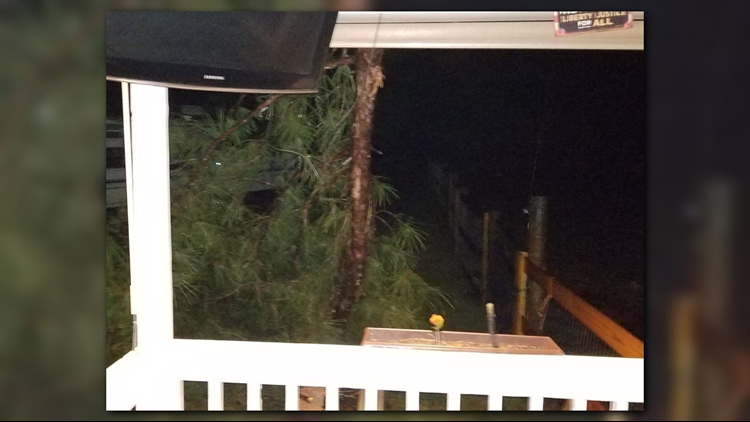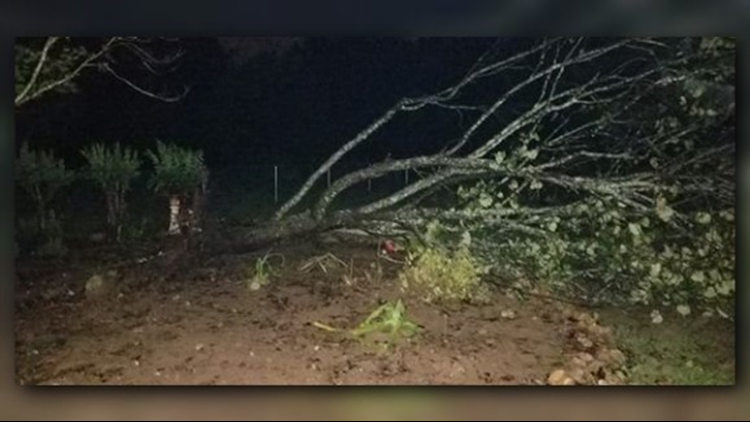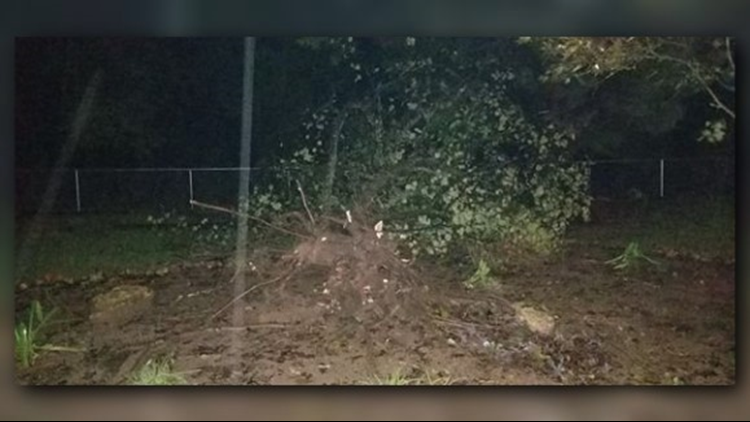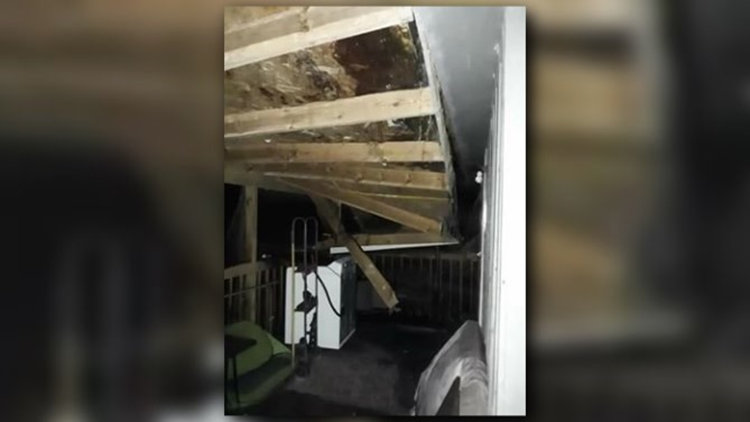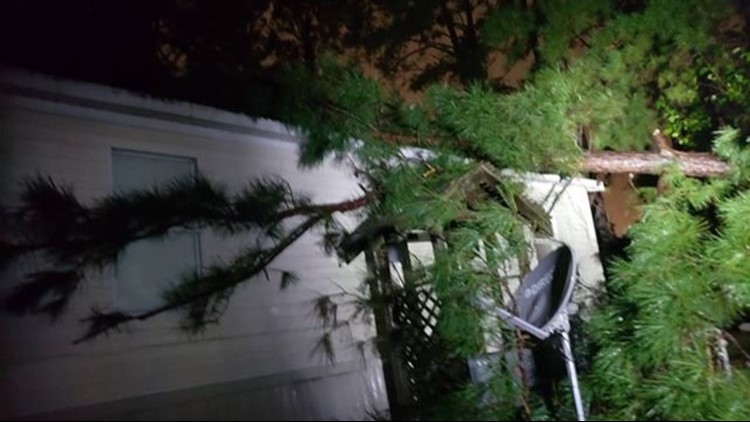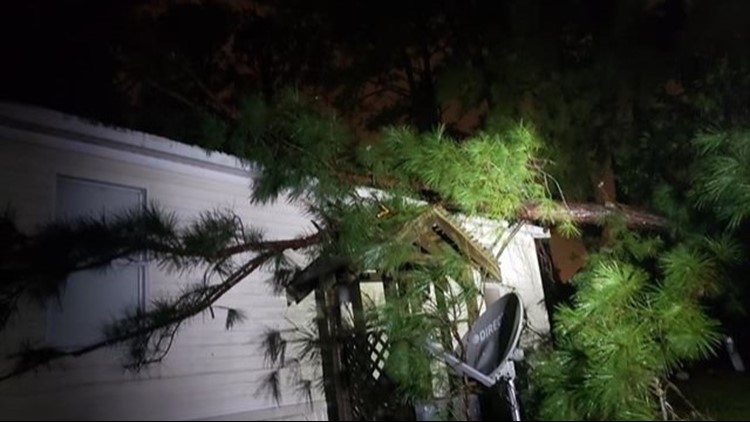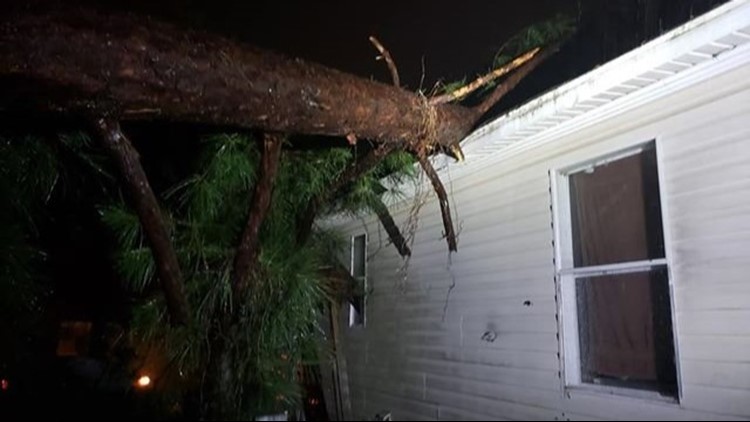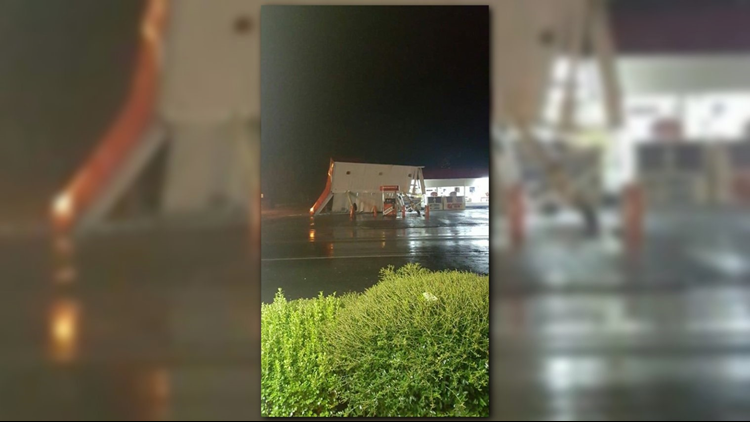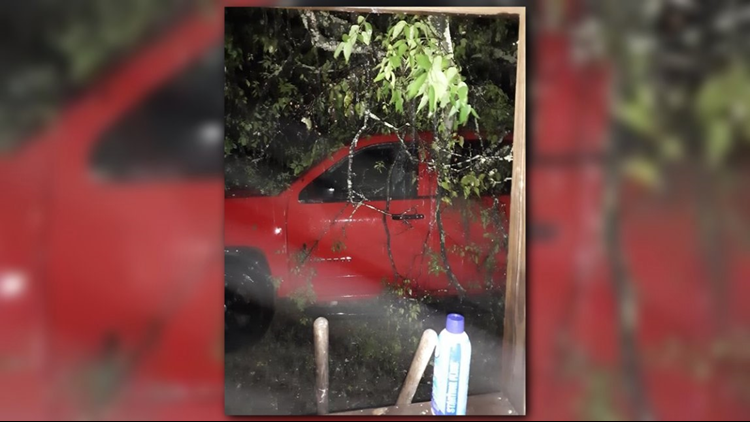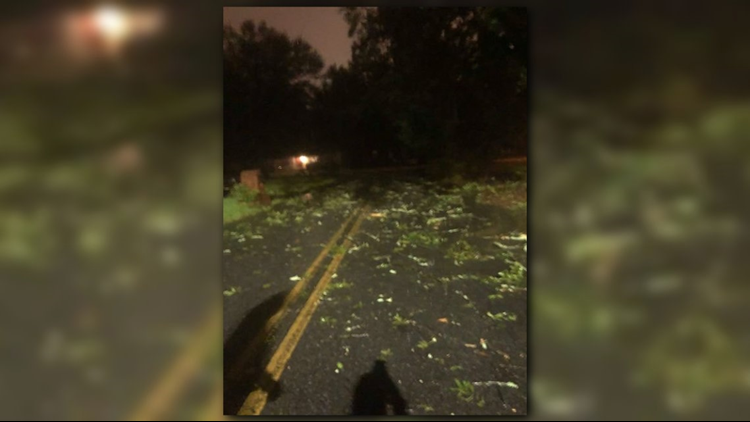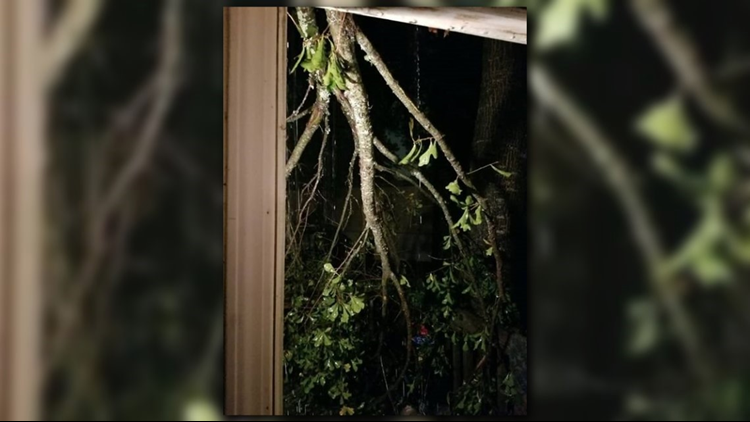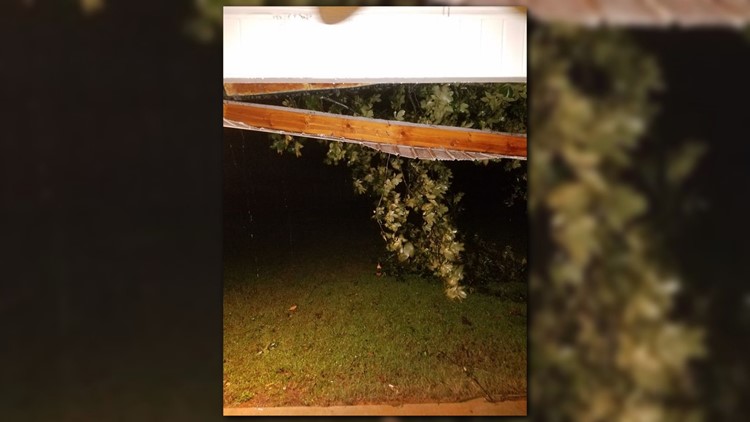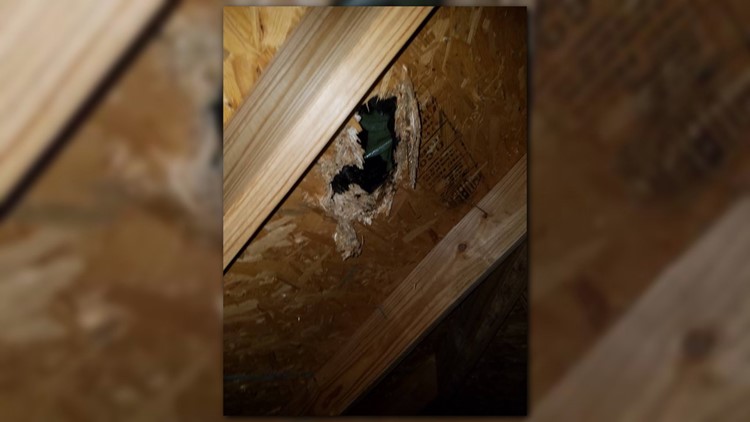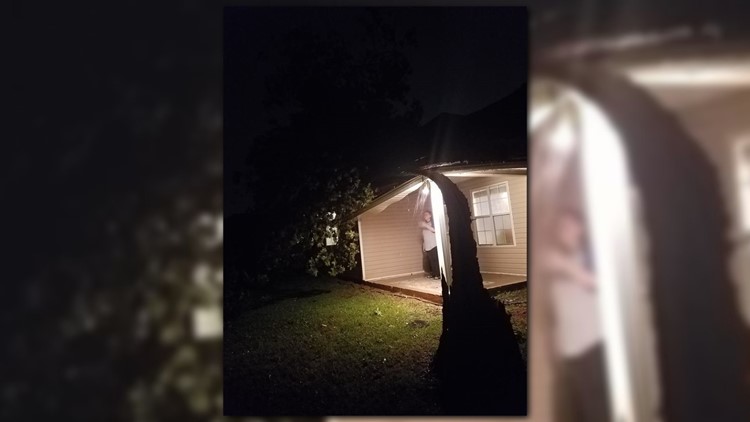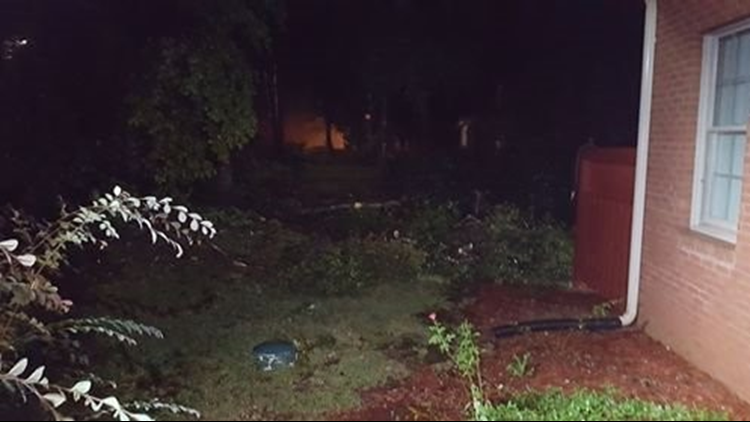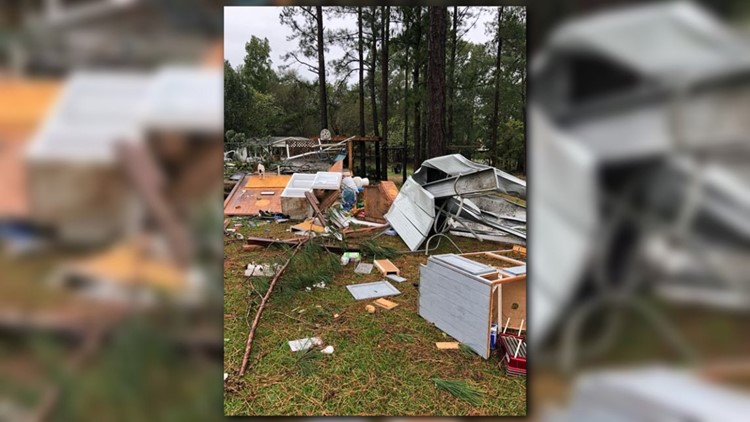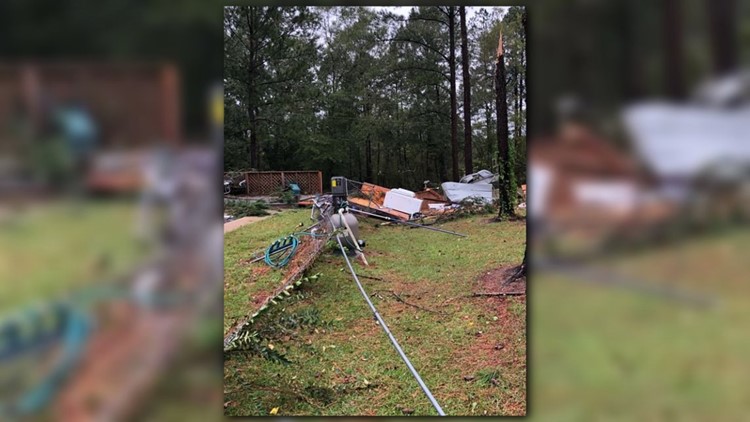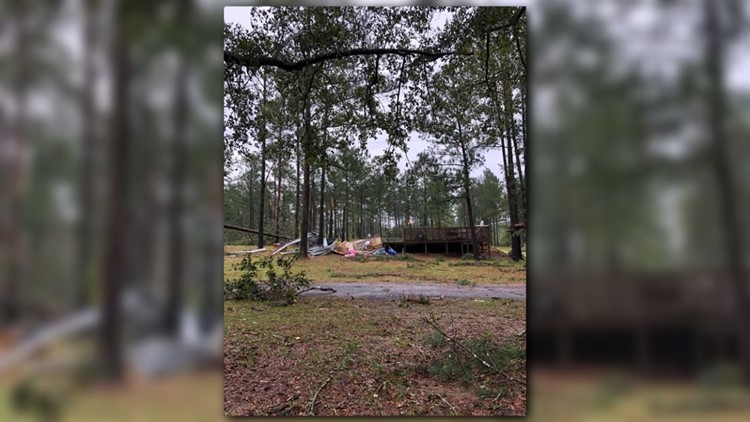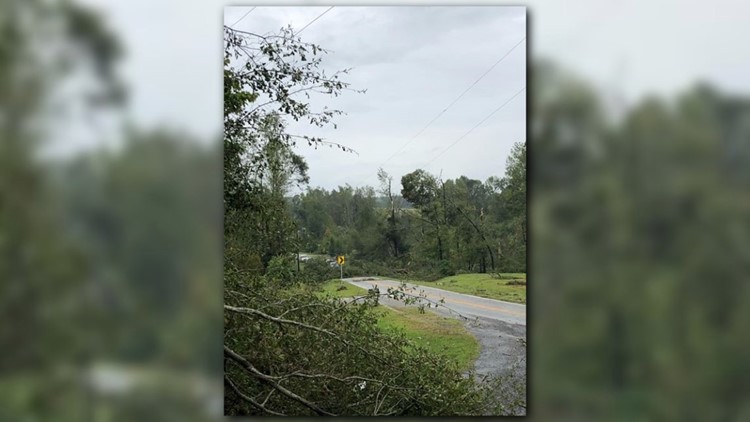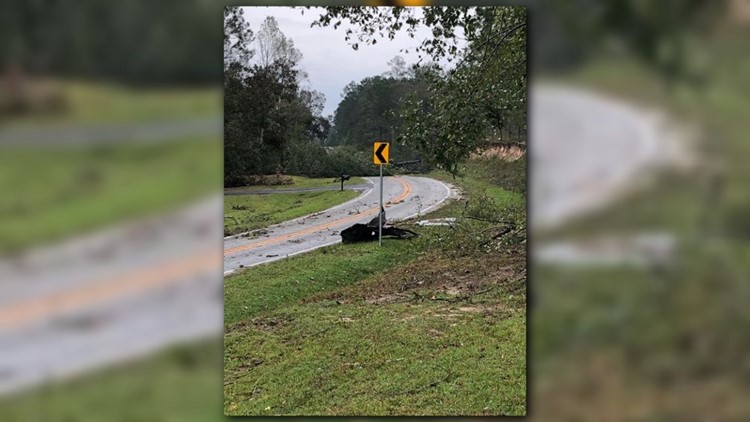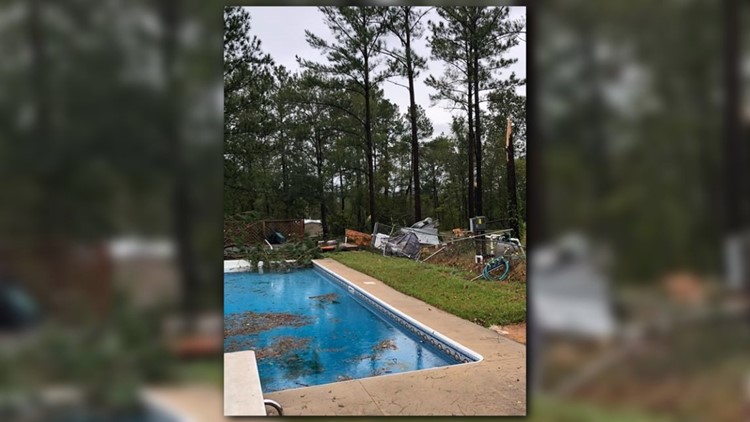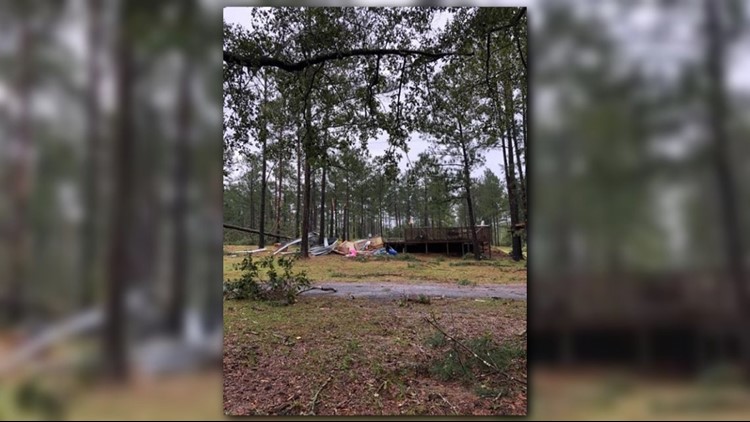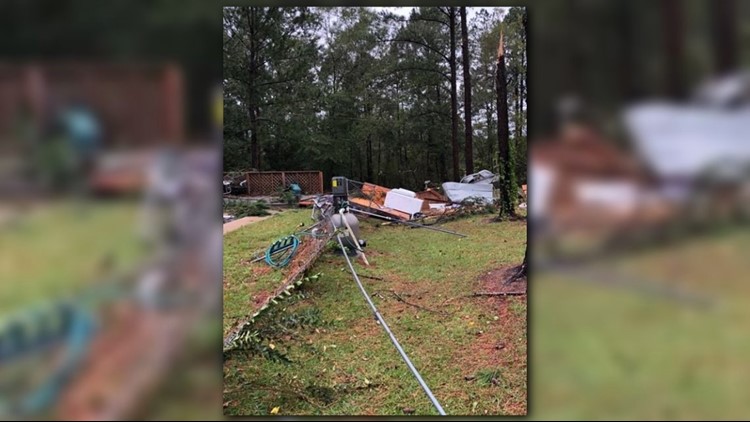13WMAZ Weather Impact Alerts: Keeping you and your family safe. Here's how
We're always paying attention to how the weather of the day may impact you and your plans. Here's how 13WMAZ Weather Impact Alerts will help you stay weather-aware.
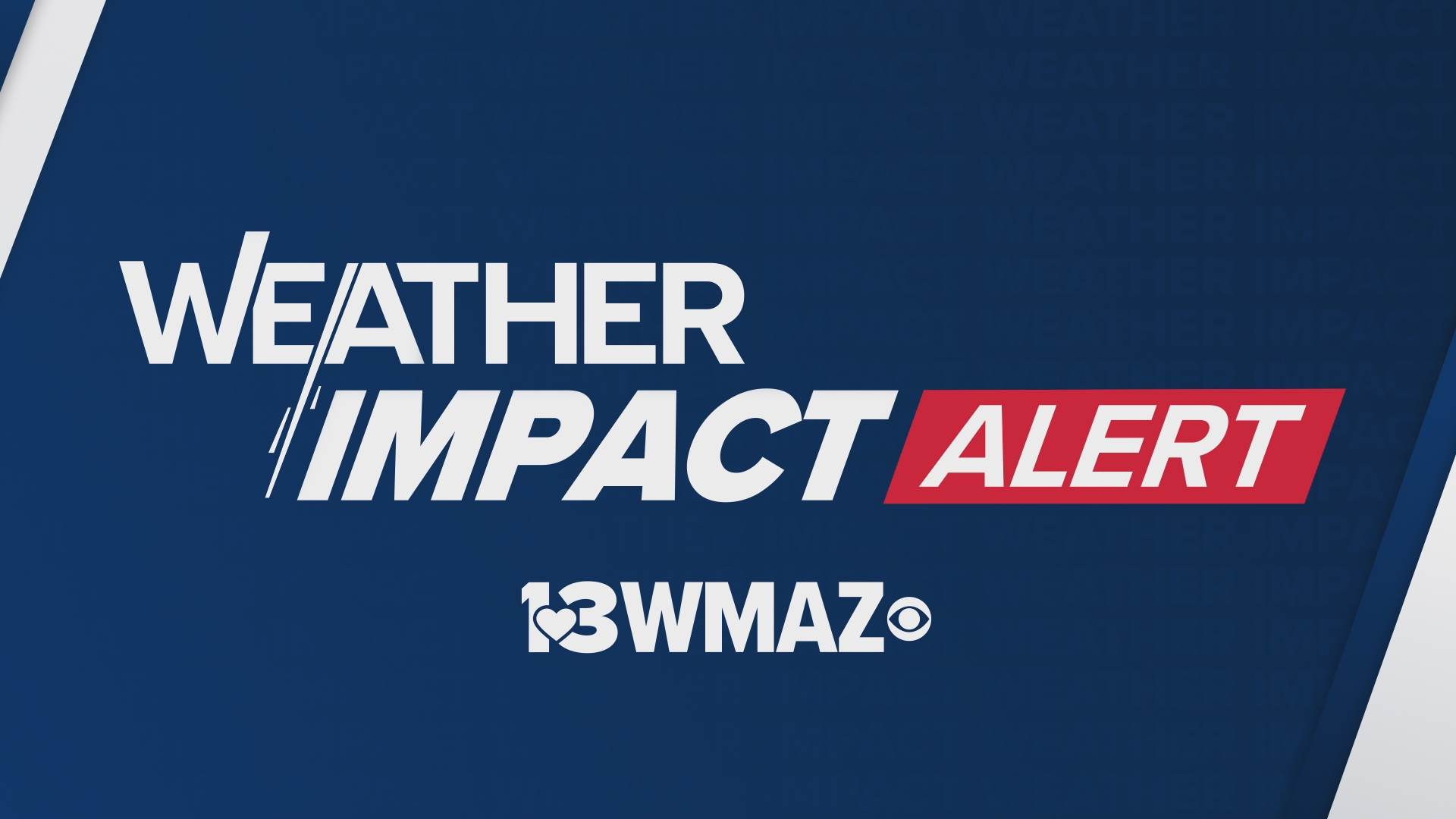
The 13WMAZ Weather Team always has its eyes on the sky to figure out how the weather of the day could impact you.
Starting today, we are unveiling a new way to communicate the impact of the weather approaching our area: a 13WMAZ Weather Impact Alert.
Think of high winds, severe thunderstorms, high heat, tropical weather, etc. If the weather is likely to impact you and your daily routine, the 13WMAZ Weather Impact Alert is a way to give you a heads-up on the weather of the day — and what you need to do to adapt to the circumstances.
What is a Weather Impact Alert?
We'll issue a 13WMAZ Weather Impact Alert if a particular day's weather fits the criteria developed by our weather team. The criteria are geared toward the kind of weather that is likely to have an impact on you.
If the weather could be disruptive, dangerous or likely to inconvenience you, we want you to know about it and give you a heads-up!
A Weather Impact Alert involves three things: when the weather is expected, what impact it may have on you and what you need to do to stay safe and weather aware.
The alerts could last a matter of hours or multiple days. The alerts could also be issued days in advance or on the day of the event. It's all about keeping you in the know when we know.
We'll communicate all of that on-air and online when the weather rises to the level of a 13WMAZ Weather Impact Alert. Here's a look at when that happens and what criteria our meteorologists will be looking at.
When will we issue a Weather Impact Alert for severe heat?
We all know Central Georgia is no stranger to the heat. It leaves a lot of people looking for any way to stay cool.
This heat is uncomfortable, but occasionally it can be dangerous.
On days when the heat can pose a threat to your health, we want to alert you and prepare you for it.
We'll be looking out for when the National Weather Service issues an Excessive Heat Watch.
They'll issue a watch when conditions are favorable for an excessive heat event in the next 1 to 3 days, which will serve as our initial warning.

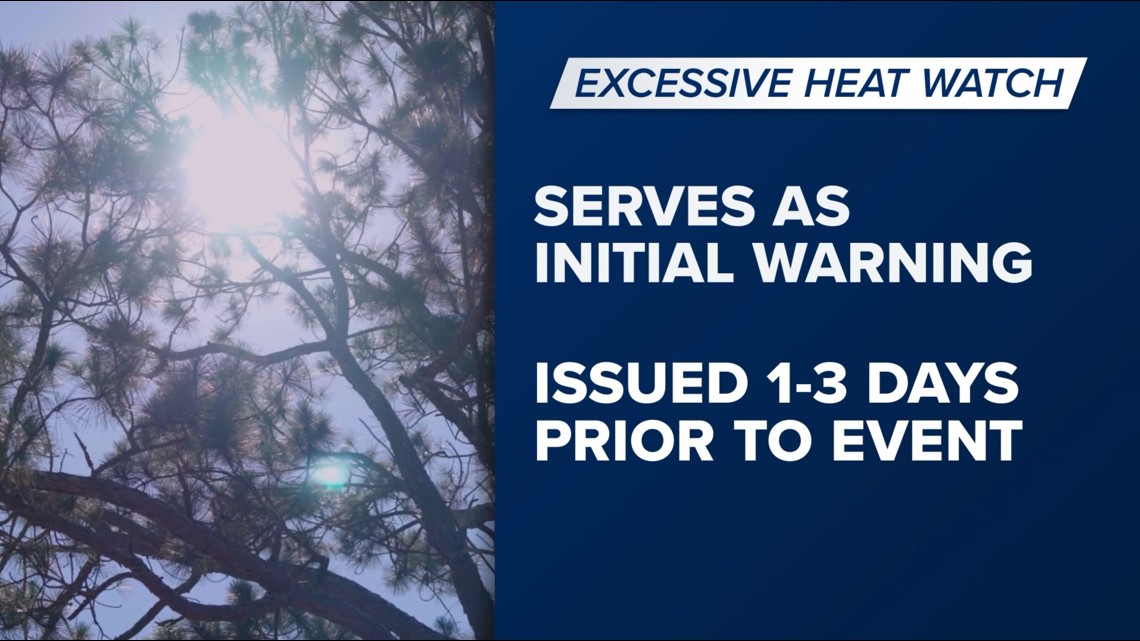
The Excessive Heat Watch can also be upgraded to an Excessive Heat Warning within 12 hours of the heat event.
This warning is issued when we're expecting feels-like temperatures of at least 105 degrees and nighttime temperatures not dropping below 75 degrees.

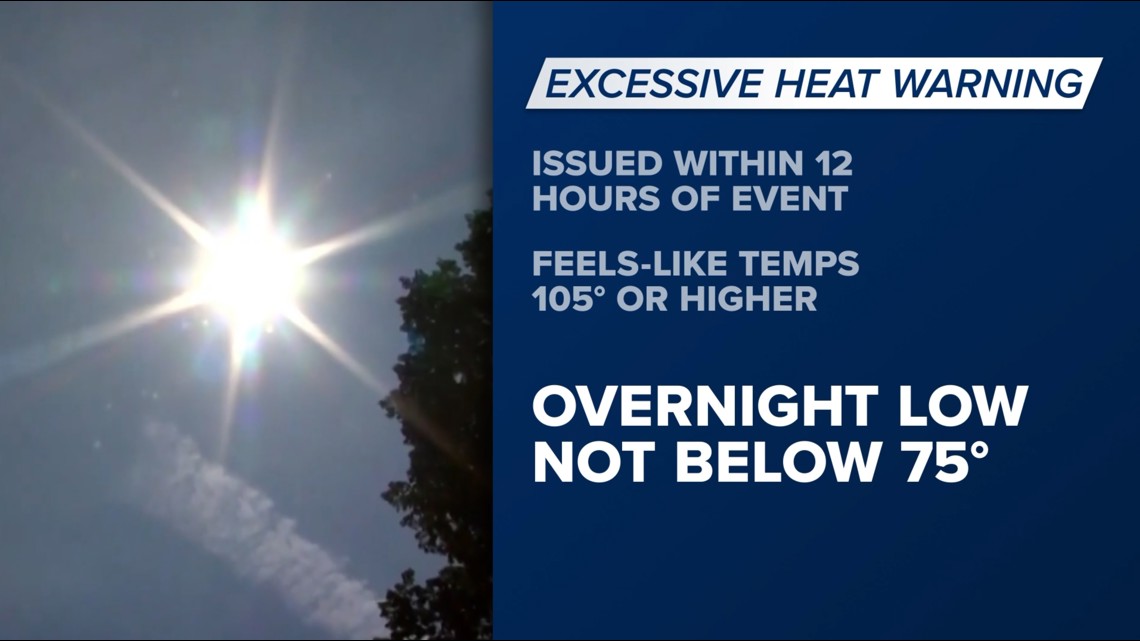
The last time this happened here in Central Georgia was Aug. 13, 2023 and Aug. 14, 2023.
Our high temperatures here were forecasted in the upper 90s, which is normal for a summer day here, but heat index temperatures were expected to climb up to a blistering 114 degrees.
Heat like that increases the risk of dehydration, heat exhaustion and heat stroke.

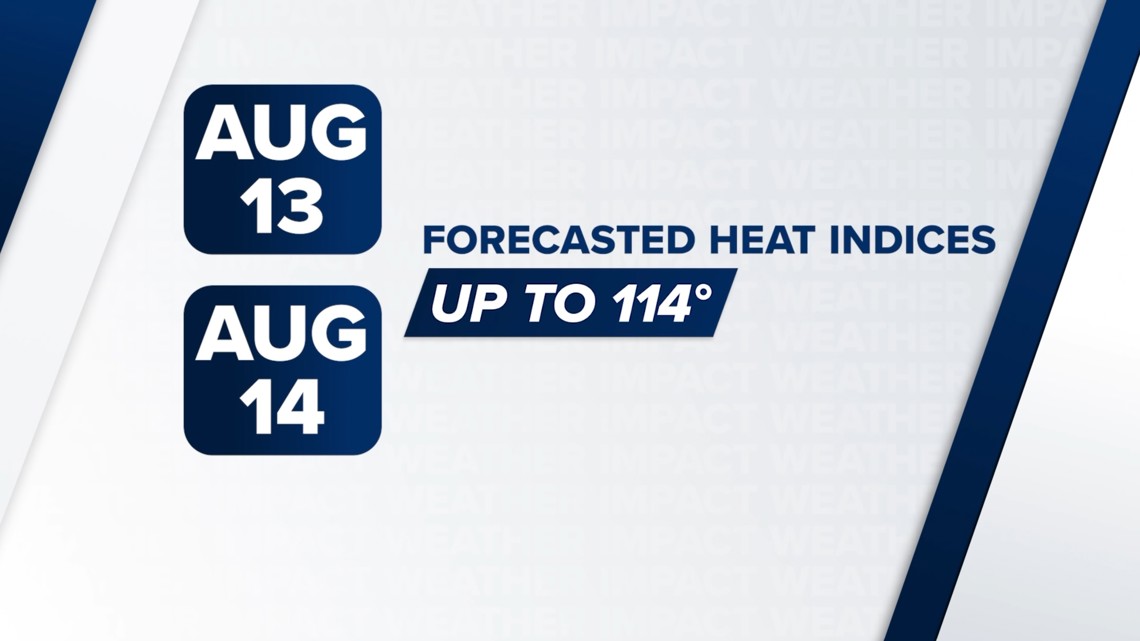
That’s where we come in by issuing a "Weather Impact Alert" to prepare you for the dangerous heat.
This way you are alerted ahead of time about the importance of drinking water and taking breaks in the shade if you're working or playing outside.
By Alex Pry
Why we won't issue a Weather Impact Alert for all summertime storms?
While there are several weather extremes that would cause us to issue a Weather Impact Alert day, there is one instance that would not. Once the summer months really take hold, we find ourselves in a pattern of daily heat, humidity and pop-up afternoon and evening thunderstorms.
While any of these storms could, individually, meet the criteria for the National Weather Service to label them “severe”, most summer storms are typically of the garden variety, with steady rain, gusty winds and occasionally some small hail. And, in contrast to lines of the organized storms we see in springtime, summer storms are typically isolated in nature and only affect a small number of folks in a certain area.
In other words, we would be chasing our tails if we were to issue Weather Impact Alerts for all possible storms during the summer months. Can you imagine how cluttered a 7Day forecast graphic would look with red boxes and “Weather Impact Alert” graphics on each day? It would become a blur of “alerts”.
Having said all of this, if we see a larger, more organized system in summertime, capable of producing more widespread storm damage for more people, we would consider issuing a Weather Impact Alert just as we would during the spring and fall too. This actually would serve folks better in the summer months when storms are possible each afternoon.
The Alert would then give you a heads up that this day, or days, stands out from the rest as something that you may want to consider differently when planning outdoor activities.
By Ben Jones
When will we issue a Weather Impact Alert for tropical storms/hurricanes?
In Dublin, there are cross-arms on the exit ramps. They're part of Georgia's contraflow system to help evacuate the coast ahead of threatening tropical systems.
The state installed the gates in 2002 and used them for the first time when Hurricane Matthew forced evacuations in 2016. They were then used again in 2017 for Hurricane Irma, and most recently in 2019 for Hurricane Dorian.

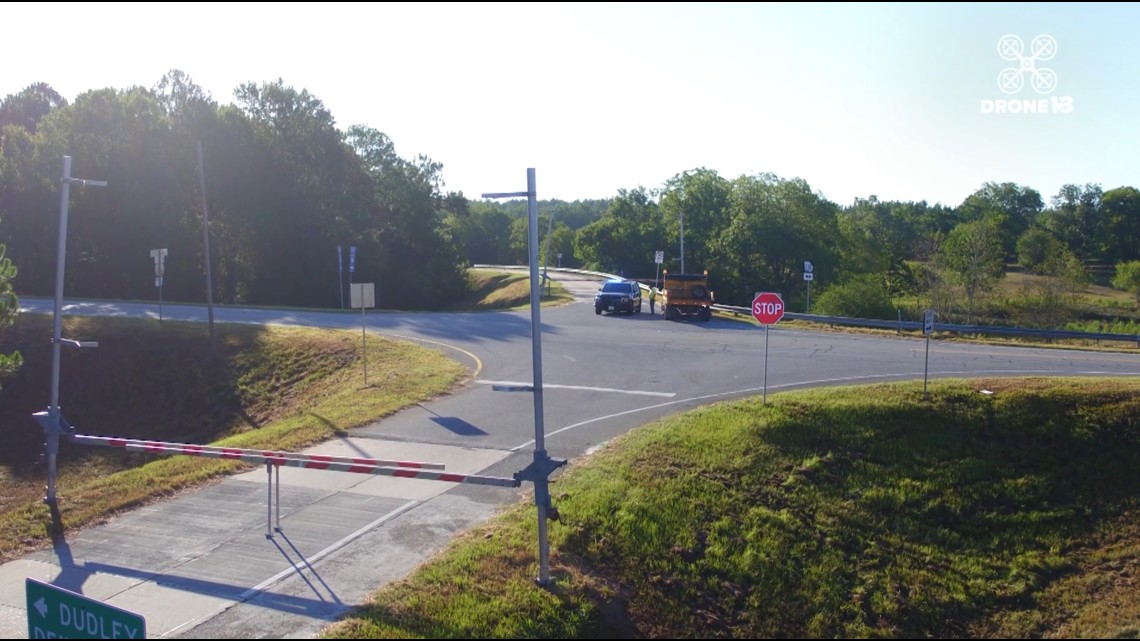
Needless to say, Central Georgia is no stranger to the impact tropical systems can have.
Hurricane Michael was particularly devastating to Central Georgia. According to the NWS, it made landfall near Panama City, Florida as a category 5. It then quickly moved inland, hitting southwest Georgia as a category 3. As a matter of fact, it still packed category 2 strength as it moved through our area.
The NWS says winds gusted over 70 mph in parts of Central Georgia. It caused tree damage, power outages and severe damage to crops — especially cotton and pecans.
YOUR PHOTOS: Hurricane Michael storm damage in Central Georgia
The good news is, tropical systems will be the easiest weather event for us to get ahead of and trigger a Weather Impact Alert. That's because we typically get more notice about tropical activity than other kinds of storms.
As a tropical system approaches, we'll consider whether or not that system will bring hazardous conditions to Central Georgia. We'll factor in things like wind speeds, rainfall totals and the possibility of severe thunderstorms or even tornadoes when determining when to issue a Weather Impact Alert. We'll track the cone of uncertainty and follow long-range forecasts to figure out the timing of our Weather Impact Alerts.
National Weather Service watches and warnings will also influence our decision-making. But as we've seen, sometimes we'll forecast a direct line from a hurricane only for it to change course later on. That's when we'll walk back our "Weather Impact Alert" and stand down as the system changes course.
By Ansley Parker
When will we issue a Weather Impact Alert for cold weather?
Pecans, strawberries and peaches are important to our Central Georgia communities. When temperatures drop below 32 degrees, the harvest in these fields could be threatened.
It's not just here, and we know it can also make a difference around your house.
The average first freeze is around Nov. 11, but there are years when it comes earlier. In 2022, the first freeze happened on Oct. 20, about three weeks ahead of schedule. Last year's first freeze came nine days early, on Nov. 2

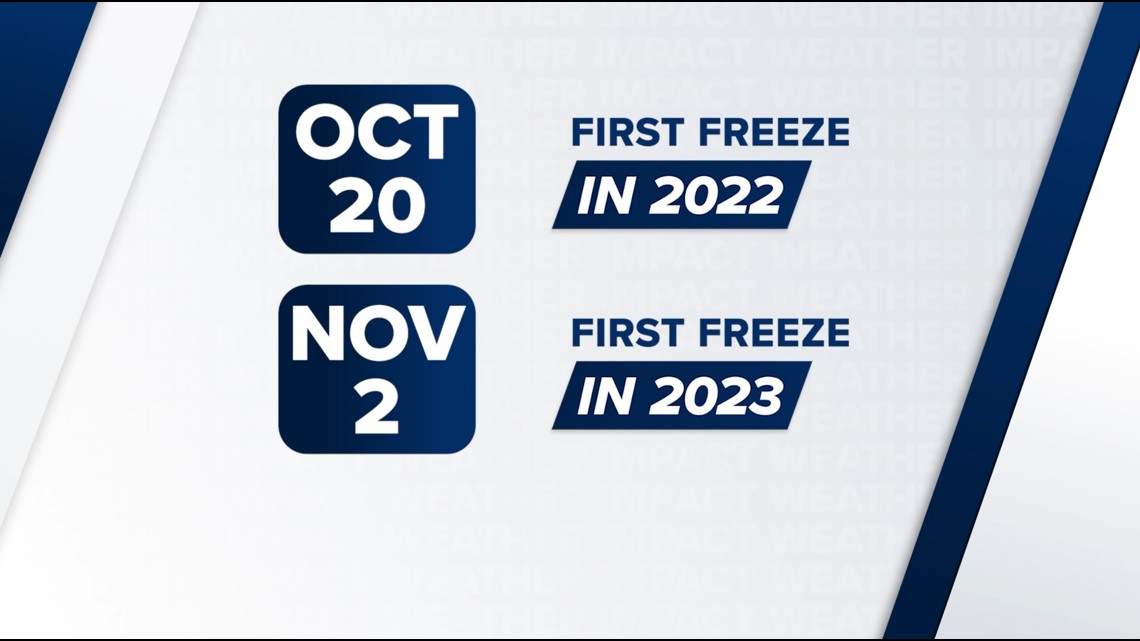
When we issue a Weather Impact Alert, we'll use National Weather Service outlooks to predict our first freeze and tell you what to expect as cold temperatures settle in. We want to ensure that you have all the information you need to protect your pipes, pets and plants.
Remember December 2022? We saw the costly combination of freezing temps and ice that Christmas.
People left their homes for days. Pipes burst in Macon and Milledgeville, and many were without water. Two people in Macon died from the cold in 2022, and two more in 2020. In cases like those, we'll issue a Weather Impact Alert. A forecast of a few flurries won't fall into our consideration.

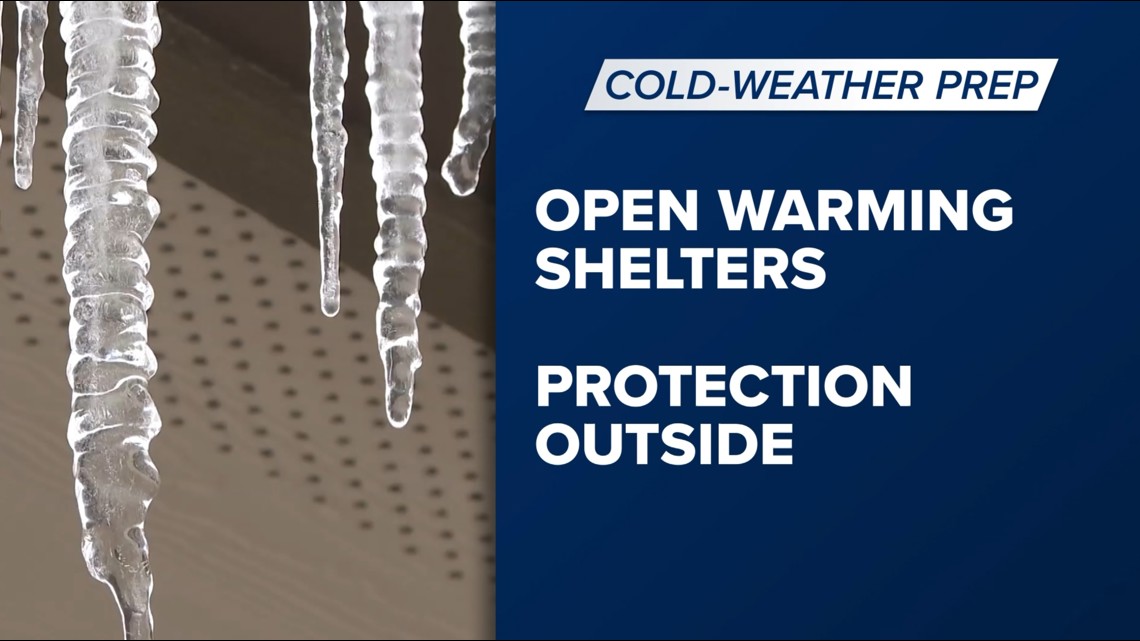
Leading up to the alert days, we'll remind you of open-warming shelters, how to protect yourself outside and what to remember when driving or heating your home.
We know a freeze that comes late in the spring can harm crops. Peach farmers are still recovering after last year's production was a near-total loss. We will also take all of that into account when we issue a Weather Impact Alert for freezing weather.
By David Guerrero



